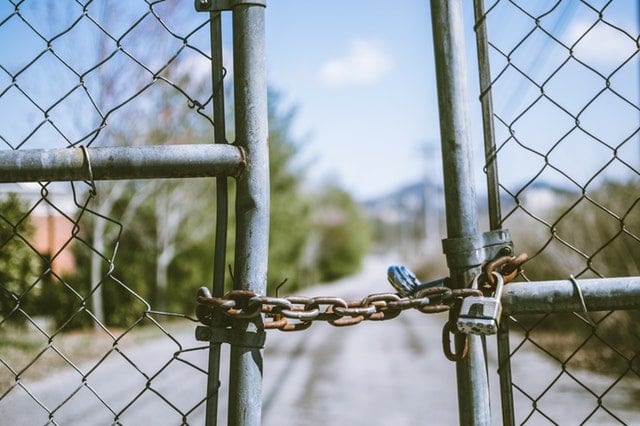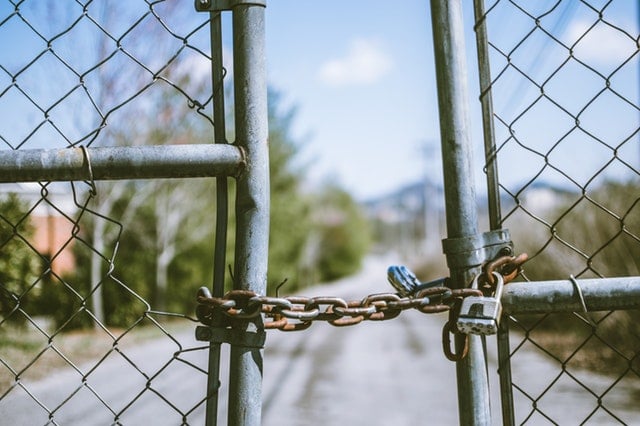
One in every five Houston residents suffers from hearing loss. Many older adults who don’t seek treatment for their condition face a higher risk of developing a number of physical, social and psychological disorders—including loneliness and depression.
Barriers to Hearing Loss Treatment

Hearing loss can be quite incapacitating, yet many people delay or avoid seeking treatment.
Only 20 percent of older Americans with hearing loss wear hearing aids, which leaves about 23 million adults with untreated hearing impairment.
Many are unaware of the high price they are paying; studies have shown that untreated hearing loss is linked to a variety of health woes. It increases your risk of dementia by 50 percent, depression by 40 percent and falls by 30 percent over a ten-year period, according to a recent study published in JAMA Otolaryngology — Head and Neck Surgery.
Why don’t people visit an audiologist?
Reasons for skipping a visit to the audiologist vary. Some people aren’t even aware of their problem; hearing loss develops gradually, and the brain is adept at “filling in the gaps” by diverting cognitive resources from other areas, making an impairment less obvious.
Others are aware of their condition but worry about the stigma that accompanies hearing aids, or the cost involved in treatment.
Many don’t believe hearing aids will be effective. A few chalk it up to old age, considering it a price to pay for aging. Even Medicare treats hearing loss as a side effect of growing old and won’t cover the cost of hearing exams or hearing aids.
What are the consequences of ignoring hearing loss?
Ignoring the problem won’t make it go away, and for many seniors, it makes things far worse. The strain and fatigue that accompany everyday conversations lead many to withdraw from social activities. This leads to isolation and loneliness; a recent Dutch study found that every decibel drop in perception experienced by people under the age of 70 increases their odds of becoming severely lonely by seven percent.
Can hearing loss cause additional health problems?
As hearing impairment worsens, loneliness intensifies; this creates a domino effect of health problems including stress, high blood pressure and a weakened immune system. For these reasons, social isolation is now viewed as being as dangerous as smoking 15 cigarettes a day. It increases your risk of dementia by 40 percent and your odds of premature death by 26 percent, per recent studies.
Does hearing loss increase the chance of developing dementia?
The connection between hearing loss, loneliness and dementia is a complicated one. It’s known that loneliness increases stress hormones and inflammation, factors that can lead to dementia. Isolation also leads to less brain stimulation, which might speed up cognitive decline. Researchers at Johns Hopkins University launched a large-scale randomized controlled trial in 2018 to learn whether treating hearing loss can prevent or slow cognitive decline and reduce loneliness. The study will be completed in 2022 and may lead to new treatment strategies for patients with hearing loss.
If you are experiencing signs of hearing loss, it’s in your own best interest to seek the help of a qualified audiologist in Houston. Hearing aids won’t only improve your quality of life—they are likely to extend it, as well.
Related Hearing Posts:
Houston Hearing Center Office Locations
Downtown
1200 McKinney, Suite 415
Houston, TX 77010
(281) 649-7578
Southeast
11914 Astoria Blvd, Suite 360
Houston, TX 77089
(281) 484-3981
Memorial City
915 Gessner, Suite 280
Houston, TX 77024
(281) 649-7420
Lorem ipsum dolor sit amet, consectetur adipiscing elit, sed do eiusmod tempor incididunt ut labore et dolore magna aliqua. Sed risus ultricies tristique nulla aliquet enim.
Topics: